Learn about Sleep Disorders including Snoring, Sleep Apnoea, Narcolepsy, RLS, Parasomnias.
We love our sleep, and we believe you should love your sleep too.
You’ll spend a third of your life sleeping… that’s 25 years!
Disrupted and poor sleep can contribute to marked changes in your body and overall health.
Make your sleep count!
The whole breadth and depth of sleep disorders matters to us, because it matters to you and your health. So if your Sleep Doctor is only interested in Sleep Apnoea, then you’re seeing the wrong Sleep Doctor. We’re experts in all these sleep disorders and more, and can treat all of them individually.
Sleep Disorders
There are 58 Sleep Disorders out there, as outlined by the American Academy of Sleep Medicine (AASM, ICSD-3), and the Australasian Sleep Association (ASA).
We specialise in all of them.
We don’t believe in performing a test simply for the sake of it. Our Sleep Specialists care about diagnosing and treating your sleep in its entirety.
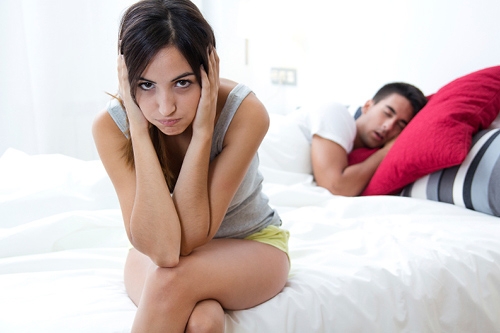
Snoring
Snoring is embarrassing.
Snoring is disruptive.
But did you know that snoring might mean you have Sleep Apnoea?
Snoring results from the vibration of tissue at the back of your throat. This comes from a combination of palatal vibration and retrolingual (tongue base) collapse.
Snoring is usually an indicator of Obstructive Sleep Apnoea (OSA).
This noise might be the only indicator that you could have OSA – something much worse and with much more detrimental effects on your health.
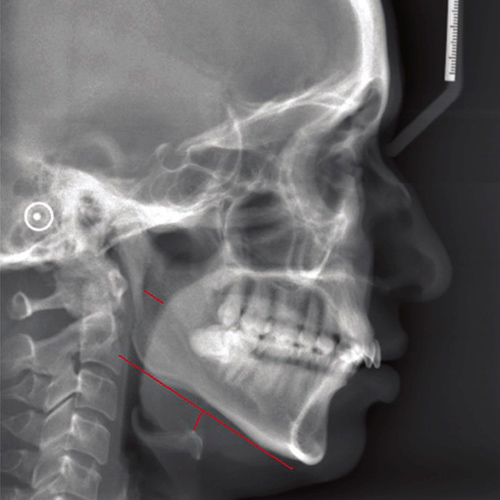
Obstructive Sleep Apnoea (OSA)
OSA occurs when your upper airway closes over in the night. It usually occurs due to retrolingual (tongue base) collapse.
The tongue falls to the back of your throat, air flow reduces or ceases, and you continually wake up in the night.
OSA is associated with an increased risk of heart attacks, strokes, atrial fibrillation (AF), and motor vehicle accidents.
It makes you tired and sleepy during the day, you may be losing productivity and capacity to work.
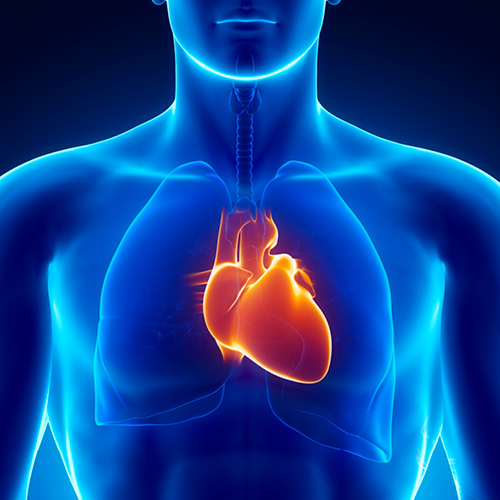
Central Sleep Apnoea (CSA)
CSA is a special form of Sleep Apnea that occurs in the setting of heart failure, strokes, and some medications.
It results from an inability to regulate your breathing appropriately during sleep. This often occurs in the setting of high loop-gain compounded by delayed circulation.
Treatment can often be quite different to typical OSA treatment. It’s extremely important that the distinction between OSA and CSA is made, so that you can be treated with the right PAP machine.
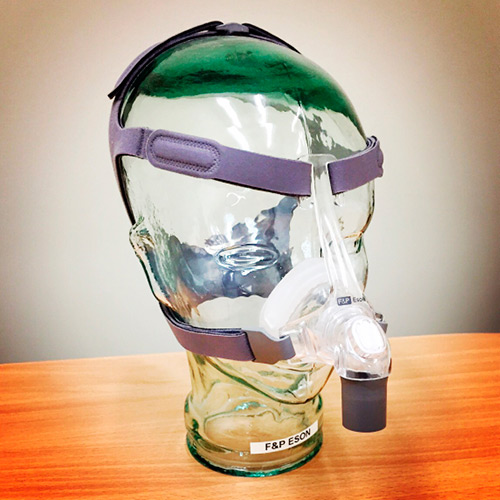
CPAP therapy
Continuous Positive Airways Pressure (CPAP) allows control of OSA.
CPAP requires a prescription from a Sleep Specialist, and at our centre we always do this face-to-face. We’ll point you in the right direction, without being biased in selling you anything you don’t need or don’t want. If you have OSA, then CPAP remains the best initial treatment for you.
Invented in Australia (yes, it’s a local invention!) in 1980, CPAP has revolutionised OSA and CSA treatment, but still needs careful attention and care.
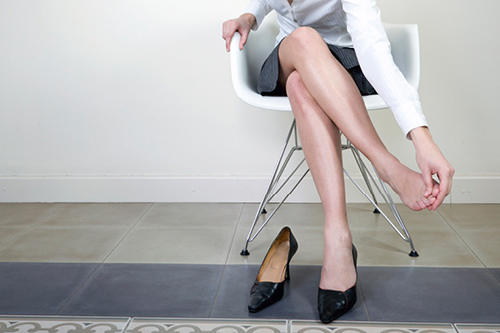
The Restless Legs Syndrome (Willis-Ekbom disease)
If you have a restlessness or an ache in your legs, usually at times of rest, or in the evenings, and moving makes it better, then you probably have RLS.
RLS is a common neurological (sensorineuronal) condition, manifesting usually of an evening and can be extremely irritating. When it occurs in sleep (Periodic Limb Movements, PLMs) it can also contribute to sleep fragmentation, and fragmented sleep means poor functioning the next day.
RLS / PLMD can overlap with many other conditions. Ask if your home sleep study looks at limb movements in the night. We routinely look for RLS / PLMD in all of our Sleep Studies. RLS / PLMD can be diagnosed, and can be treated.
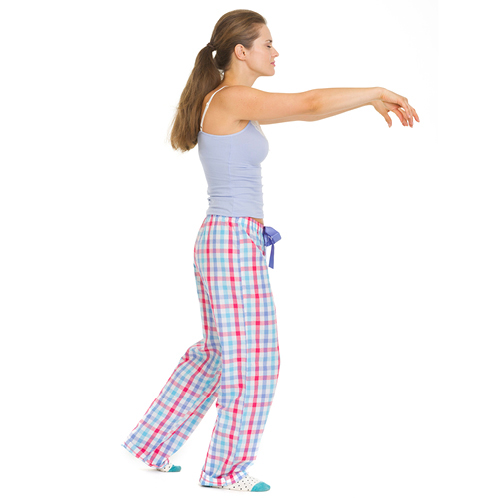
Parasomnias
Sleep walking, sleep talking, Sleep eating, and other unusual behaviours in the night make up Parasomnias. They can also make you feel tired and unrefreshed in the mornings.
Whilst common in children, they persist in a small proportion of adults. Unfortunately, living with a parasomnia can be embarrassing, or perhaps even dangerous to your bed partner.
Parasomnias can overlap with nocturnal epilepsy, and Narcolepsy. A home sleep study won’t look for those conditions either, you’ll need an in-hospital sleep study to diagnose it correctly.
Our Sleep Specialists treat Parasomnias all the time. We see and treat the whole spectrum of Parasomnias including REM Parasomnias (RBD, REM Behaviour Disorder) and NREM Parasomnias (including Sleepwalking, sleep talking, sleep sex, somniloquy, night terrors).

Narcolepsy / Idiopathic Hypersomnia
If you’re profoundly sleepy during the day, and you don’t have another sleep disorder, then you might have Narcolepsy or Idiopathic Hypersomnia (sometimes called Idiopathic Hypersomnolence). These conditions are known as Central Hypersomnias, and a home sleep study (also known as an ambulatory study) won’t be able to diagnose them. And did you know there are currently eight different kinds of Central Hypersomnias?
- A home sleep study won’t be enough to diagnose this.
- You’ll need a Multiple Sleep Latency Test (MSLT) in a hospital.
Our sleep laboratory is one of the few private Sleep Labs in Adelaide that perform MSLTs.
We care for the largest cohort of Narcoleptics in Adelaide. Our sleep doctors are experienced in diagnosing and treating your Narcolepsy and related conditions, including when to use (and not use) Dexamphetamine, Methylphenidate (known also as Concerta™ or Ritalin™), Modafinil (Modavigil™), Armodafinil (Nuvigil™), and Sodium Oxybate (Xyrem™).
We also use alternative non-drug treatments including timed napping and bright light therapy too.
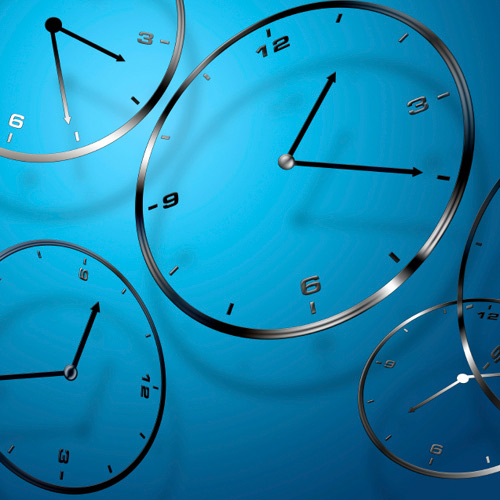
Circadian Rhythm Disturbances
Believe it or not, our innate body clocks don’t run on a 24hour cycle. We rely on our own body clock to run smoothly, balanced by external checks and cues (known as Zeitgebers). When these checks and cues don’t work as well, you could develop a Circadian Rhythm Disturbance.
There are seven distinct rhythm disturbances, including Delayed Sleep Phase Syndrome, Free Running (Non-24-Hour) Rhythm, and Advanced Sleep Phase Syndrome.
DSPS and FRR are very common in the young, ASPS more so in the elderly.
- A home sleep study won’t be geared to look at this.
- A CPAP outlet supplier is unlikely to address your Circadian Rhythm.
Not only can we tell you your Circadian Rhythm, but we can help re-entrain your clock to return to a more normal periodicity.
